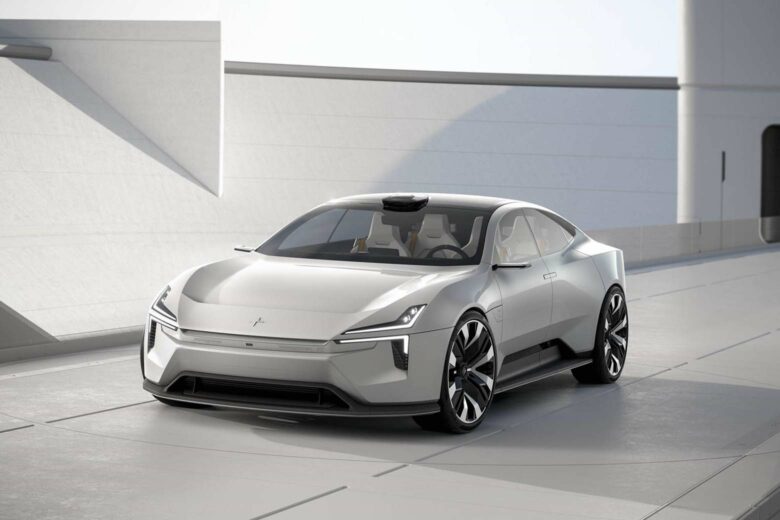
Electric vehicles (EVs) have become increasingly popular in recent years, thanks to their eco-friendliness and cost-effectiveness. However, one of the biggest concerns for potential EV buyers is the lifespan of the vehicle's battery. How long do EV batteries last, and what factors affect their lifespan?
The lifespan of an EV battery depends on several factors, including the type of battery, the vehicle's usage patterns, and the environmental conditions in which it operates. Generally, the lifespan of an EV battery is measured in terms of its capacity retention, or the amount of energy it can store compared to its original capacity.
Lithium-ion batteries, which are the most common type of battery used in EVs, typically have a lifespan of around 8-10 years or 100,000-200,000 miles, whichever comes first. However, this lifespan can vary depending on several factors.
One of the biggest factors that affect the lifespan of an EV battery is the vehicle's usage patterns. EV batteries degrade faster when they are subjected to frequent fast charging, high temperatures, and deep discharges. Therefore, EV owners should avoid frequent fast charging and try to keep the battery's state of charge between 20% and 80% to maximize its lifespan.
Another factor that affects the lifespan of an EV battery is the environmental conditions in which it operates. High temperatures can accelerate battery degradation, while extreme cold can reduce the battery's performance. Therefore, EV owners should avoid exposing their vehicles to extreme temperatures and try to park in shaded areas whenever possible.
Finally, the quality of the battery itself can also affect its lifespan. High-quality batteries are designed to last longer and retain their capacity better than lower-quality batteries. Therefore, EV buyers should choose vehicles with high-quality batteries and avoid purchasing vehicles with low-quality batteries.
In conclusion, the lifespan of an EV battery depends on several factors, including the type of battery, the vehicle's usage patterns, and the environmental conditions in which it operates. While lithium-ion batteries typically have a lifespan of around 8-10 years or 100,000-200,000 miles, EV owners can maximize their battery's lifespan by avoiding frequent fast charging, keeping the battery's state of charge between 20% and 80%, and avoiding exposure to extreme temperatures. Additionally, choosing a vehicle with a high-quality battery can also help to extend its lifespan.




